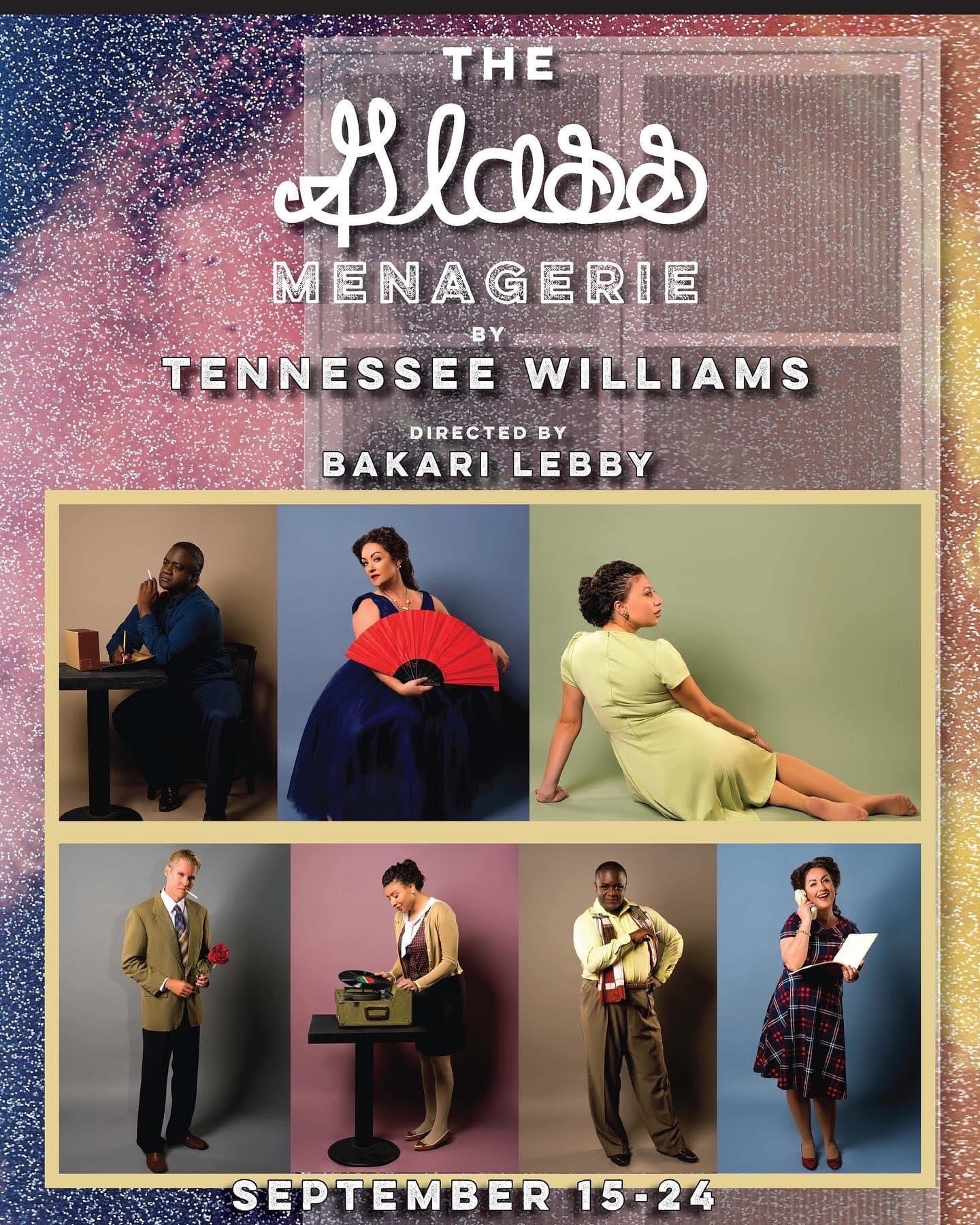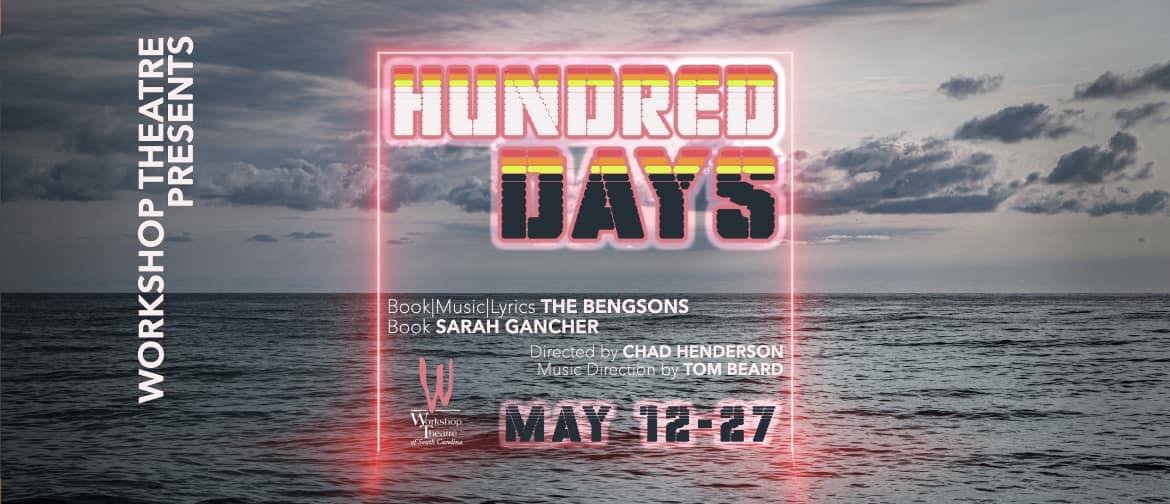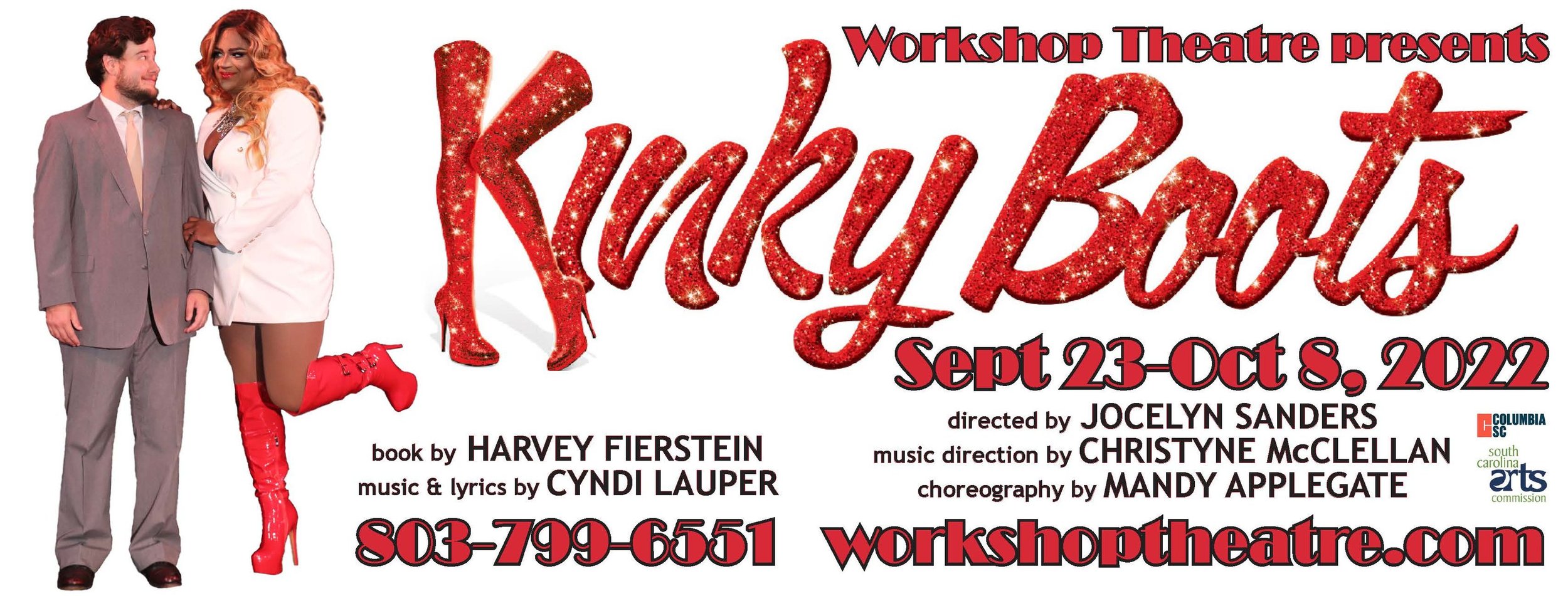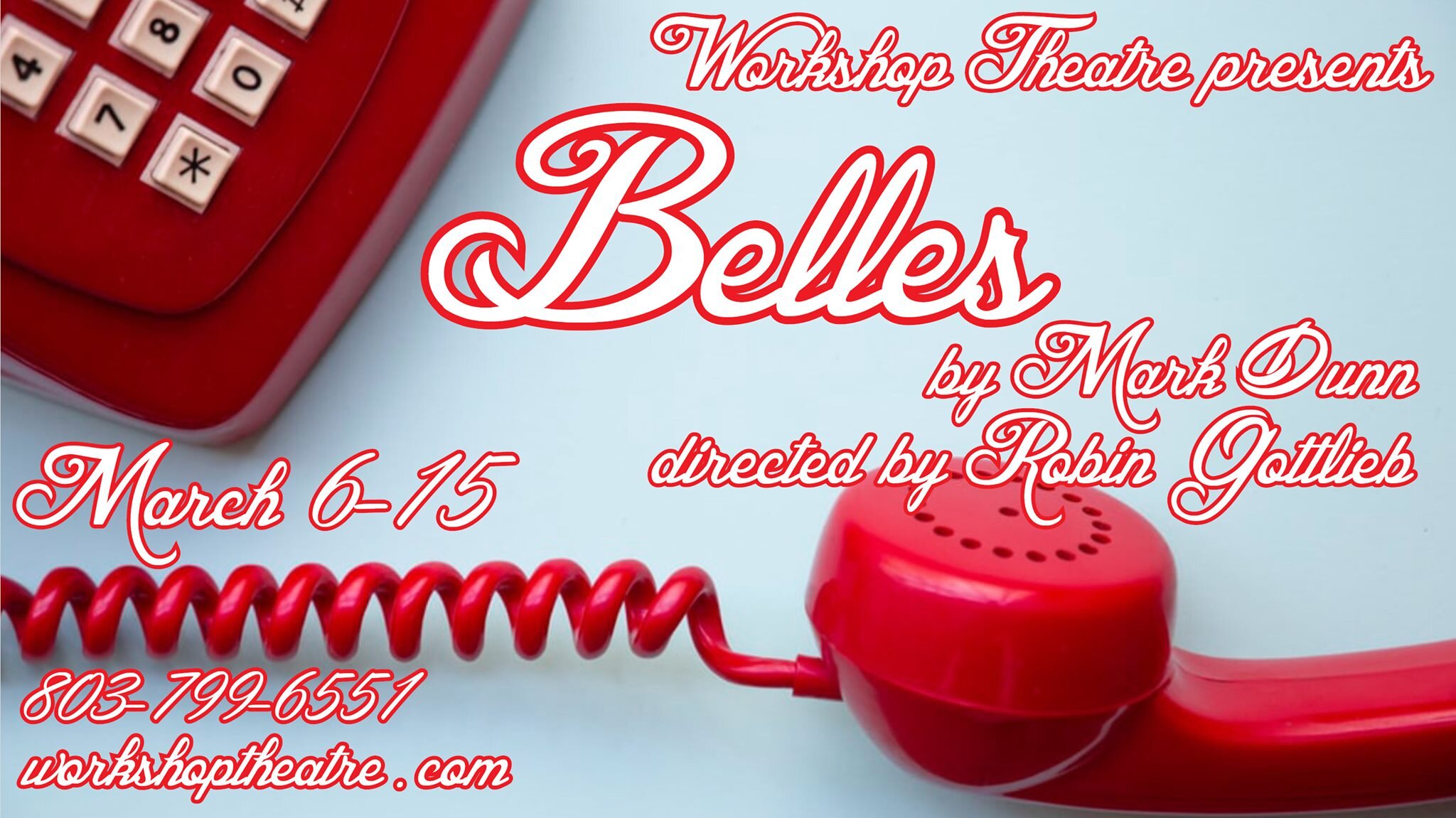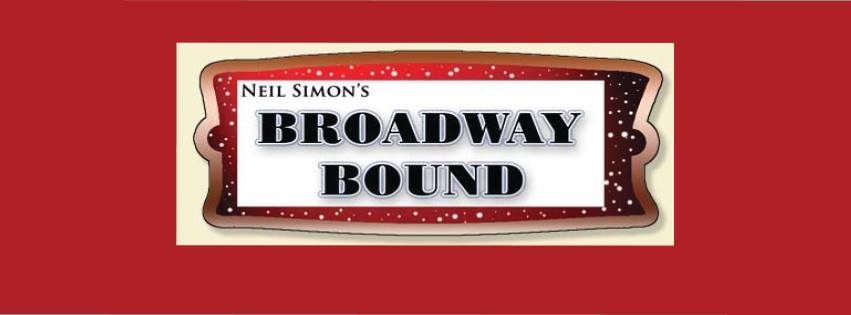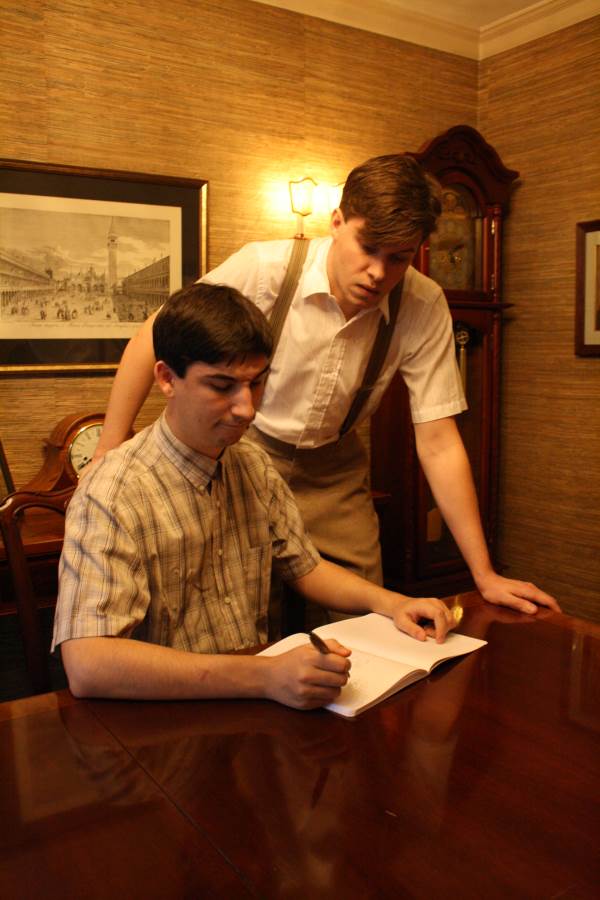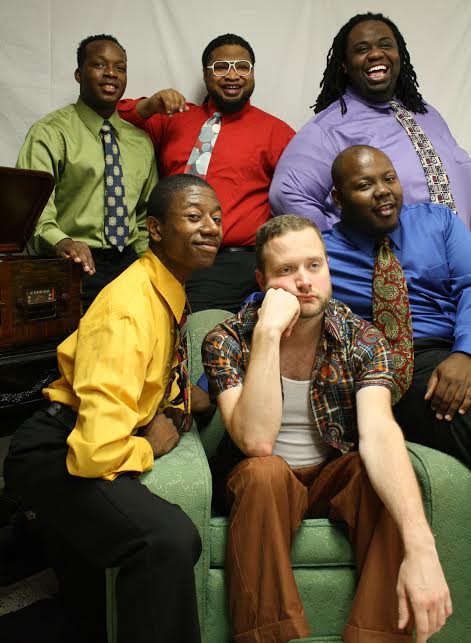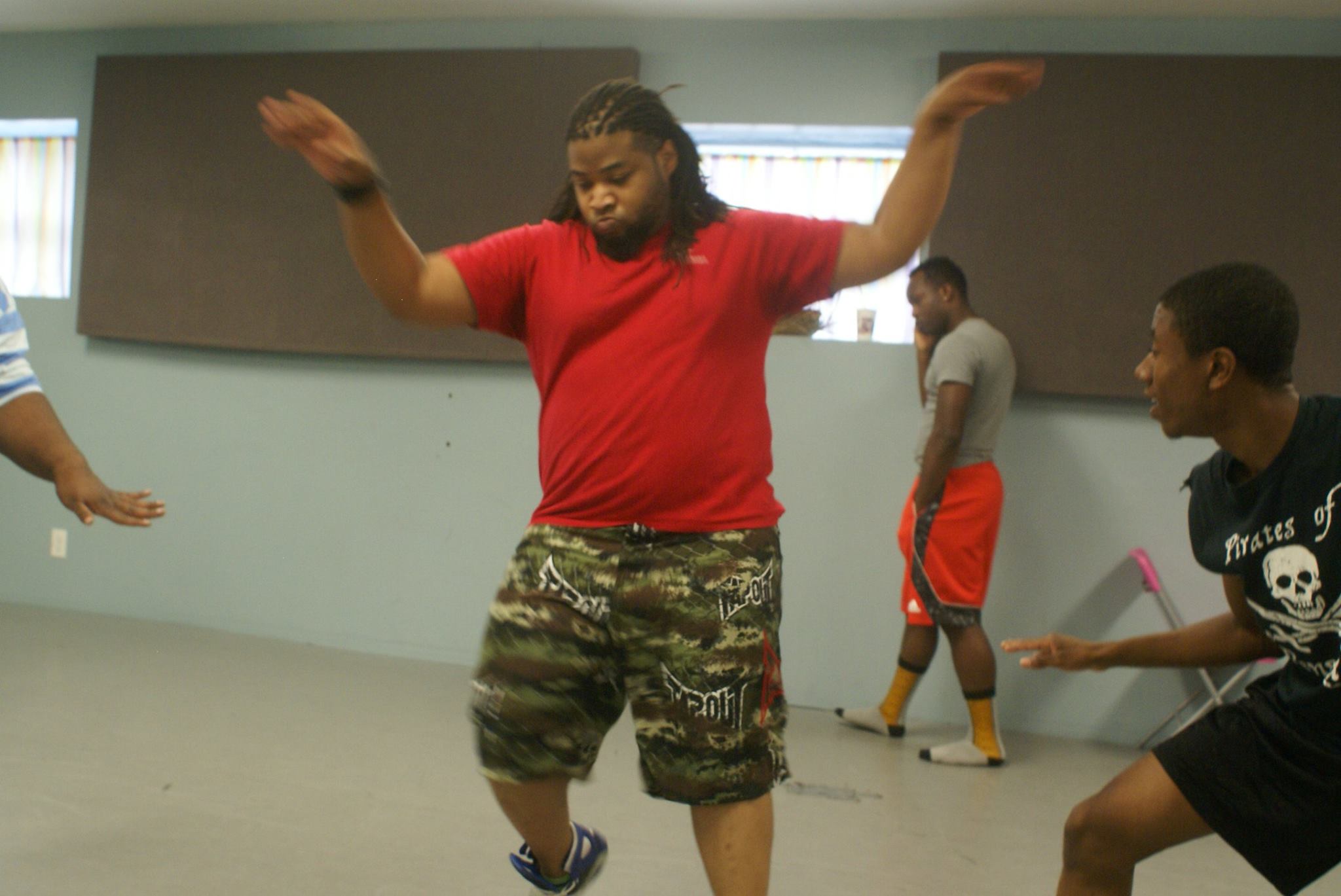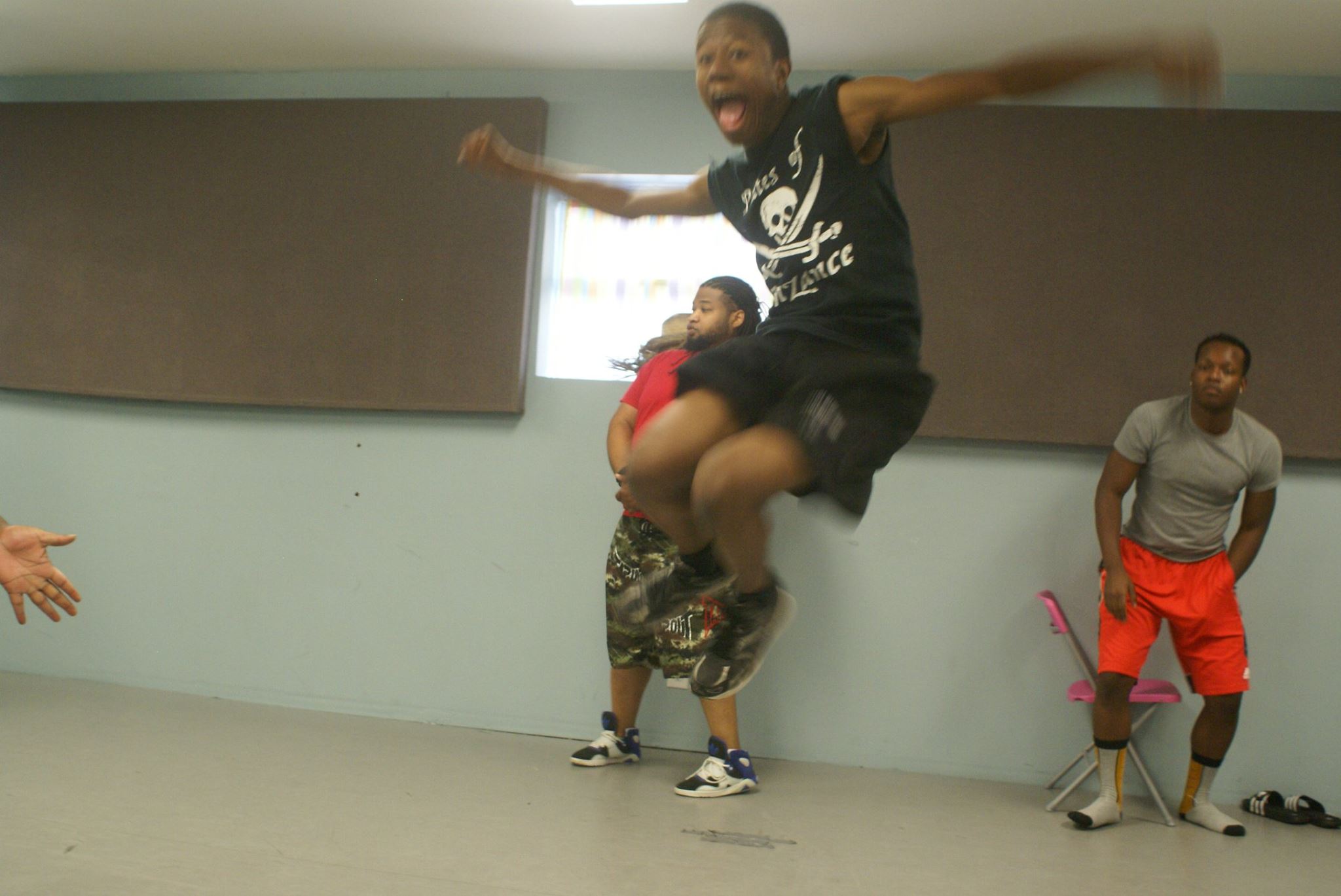An important part of the Jasper Project’s mission is to bring the process of creating art to life for our readers. It’s fascinating learning how many hours of work go into creating a ballet or releasing an album. When we look at the various processes of creating art, no matter the discipline, we come to understand and appreciate the final product much more thoroughly.
To that end, we are always excited when artists share their methodology in a way that we can share it with our readers.
Today, theatre artist Elena Martinez-Vidal shares with us her experience of auditioning for the role of Maria Callas in Terrance McNally’s 1995 play, MASTER CLASS.
The premise of MASTER CLASS is that the larger-than-life soprano, Maria Callas, is teaching a masterclass to vocalists in the last years of her life while she also reminisces about her life and career. Callas was born in 1923 and died of a heart attack in 1977 at the age of 53.
Playwright Terrance McNally, often referenced as the Bard of American Theatre, died of COVID-19 in March of 2020. The author of such critically successful plays as Kiss of the Spider Woman, The Full Monty, and Ragtime, was the recipient of five Tony Awards and enjoyed a career that spanned six decades.
-CB
Master Class
The Audition
By Elena Martinez-Vidal
"Art is domination. It's making people think that for that precise moment in time there is only one way, one voice. Yours." ~ Terrence McNally, Master Class
Every actor either loves or hates auditioning.
au·di·tion: /ôˈdiSH(ə)n-an interview for a particular role or job as a singer, actor, dancer, or musician, consisting of a practical demonstration of the candidate's suitability and skill. ~ Oxford Languages
I am one of those who tends to be terrified most of the time. Or at least, I used to be. But as the years have gone by, I don't really fear them as much anymore. And sometimes I don’t have to audition, I just get the part!
Hilary Swank is quoted as saying: “All you have to remember is 'audition' is synonymous with 'opportunity. I mean, if you absolutely hate auditioning, do you also hate opportunities? That wouldn't make much sense.”
She didn’t make sense to me. Auditioning is usually torture.
I liked what Robert De Niro said: “Auditions are like a gamble. Most likely you won't get the part, but if you don't go, you'll never know if you could've got it.”
That’s why you have to do them even if they are torture. If you don’t try, you can’t win!
There is a theory that auditioning is your way of doing a mini play. You show yourself off and try to earn a role.
"Think of every audition as a chance to perform and you will have fun doing it."
~ Erica Schroeder
As a speed-reader, I have to slow myself way down or I get tangled up in the words. And I am always terrified that I am doing it wrong.
I could write an entire piece just on auditions I have done. Some have been hilarious since I never even read the play, so my intentions were all wrong. Sometimes I even got the part.
And every once in a while, there is a magical audition! Where it all comes together, and you feel it. Where all the planets and stars align, and it just works! I have only had that happen twice. And this is a short story about one of those times.
When I read about auditions for Master Class by Terrance McNally at Workshop Theatre in Columbia, SC in 2001, I did what all good actors do, I skimmed the play. And I wanted to do it!
What a glorious piece of writing; what a fabulous part!
After announcing my intentions, I was told not to bother because every opera singer in town was going to audition.
But here's the thing - she doesn't sing in the play, except for one small line from Verdi's Lady Macbeth. The stage direction is: "What comes out is a cracked and broken thing". I figured I could do that. My singing tends to be cracked and broken unless I really am working on it.
I knew I was a little heavy and definitely too short. But I can lose weight and I can act taller! (I do that all the time.) So, I read up on Maria Callas. And I read the play, not just skimmed it. It’s daunting since most of the play is Maria onstage speaking to the audience all alone.
I knew the director and she directed opera also. I was a bit bummed because of being told not to even go for it. BUT I knew I could act it. Oh, and I so wanted to act it! So. after prepping, off to the audition I went.
The room was long, and I seem to remember light coming in from the windows, but that could be a false memory. I just remember being alone in that room with Ellen, the director.
I don’t remember what I read, not a single line. I know I didn’t try any kind of dialect just heightened American.
What I do remember is that it was magical! All the lines, all the emotion behind and underneath the lines, everything was working! I felt her, I was her! I was transported!
And then I left.
I don’t remember when she called me and offered me the role. I do remember being elated! I do remember that I had to lose weight.
The Rehearsals
Learning Lines
Learning lines is the most horrifying part of acting for me. I don’t have an eidetic memory. I don’t have the ability to learn them instantly. Everyone has some sort of process. Some people write them down. Some people record them. I just recite them over and over and over and over.
I once read about Anthony Hopkins and how he learns lines. Here is an excerpt:
When it comes to preparing for a role, Hopkins delves deeply into the words of the script. He is known to go over his lines sometimes over 200 times until they’re absorbed into his psyche. “I learn the text so deeply that I think it has some chemical effect in my brain,” he says. “I believe in learning the text which is there. Once you know it so well that you can improvise and make it real, it’s easy.
I recognize this. This is what I do. Go over the lines so much that somehow, they stick with me. At least that is what I want! But unfortunately, I never quite get them. There is usually a phrase or a word that escapes me. I hate it because I want to say the lines like the author wrote them. An actor is not to adapt the lines to themselves, but instead adapt themselves to the lines. Within the lines, over and underneath, is where the character is found. The rhythm, the pace is all-important. Alas…
I began by learning lines. Nevertheless, at the same time I was researching.
The Research
I read every single book I could find on Maria Callas. Some I borrowed from the library and some I bought. I still have them. I wrote notes about the information I gleaned; two notebooks full. I watched interviews. I even bought her music and the EMI Callas La Divina Complete Limited Edition Box set.
To be clear, the Maria Callas of the play is merely a representation of the real Maria Callas. So why did I do all that research? Because I wanted to understand the real Maria so I might apply some of it to the character. I have to understand the inner life.
It is important to create the inner life in order to “live” the character, so all references in the play needed to make sense. To do that I had to learn about her life: where she lived, what she did, how she did. That is part of the connection to the role.
While I still do not enjoy opera (much to Ellen Schlaefer’s chagrin!) I do love Maria Callas’ voice while singing opera. I still listen to her.






